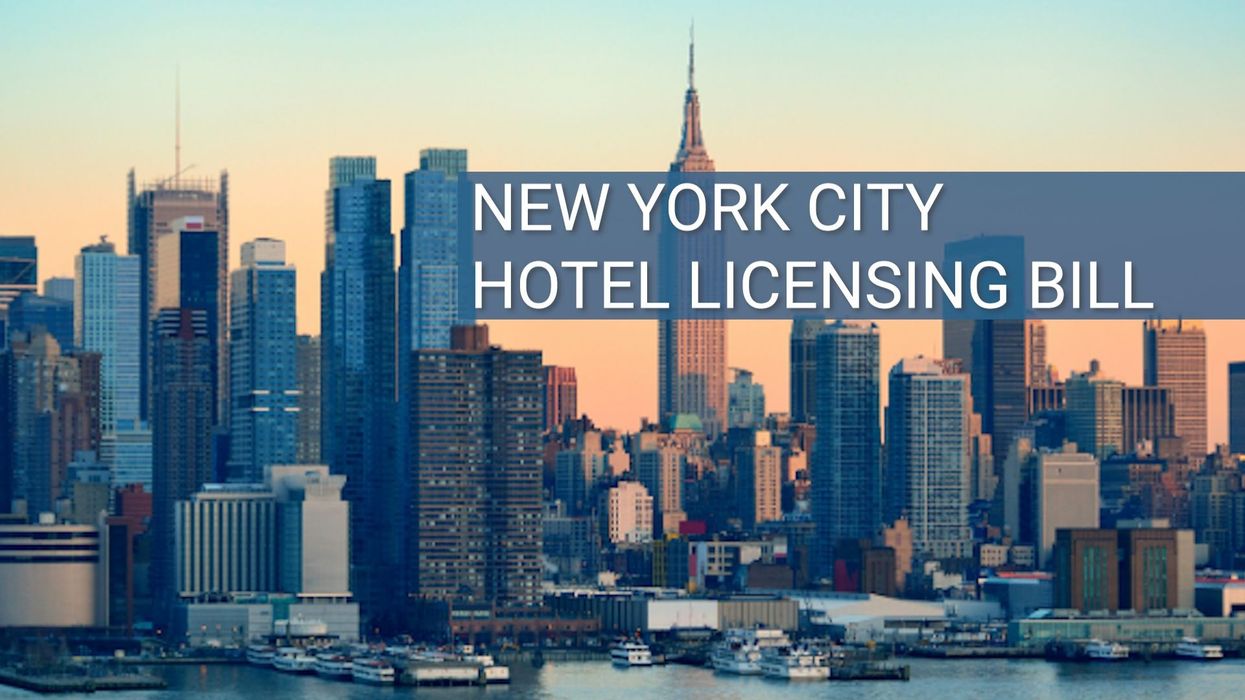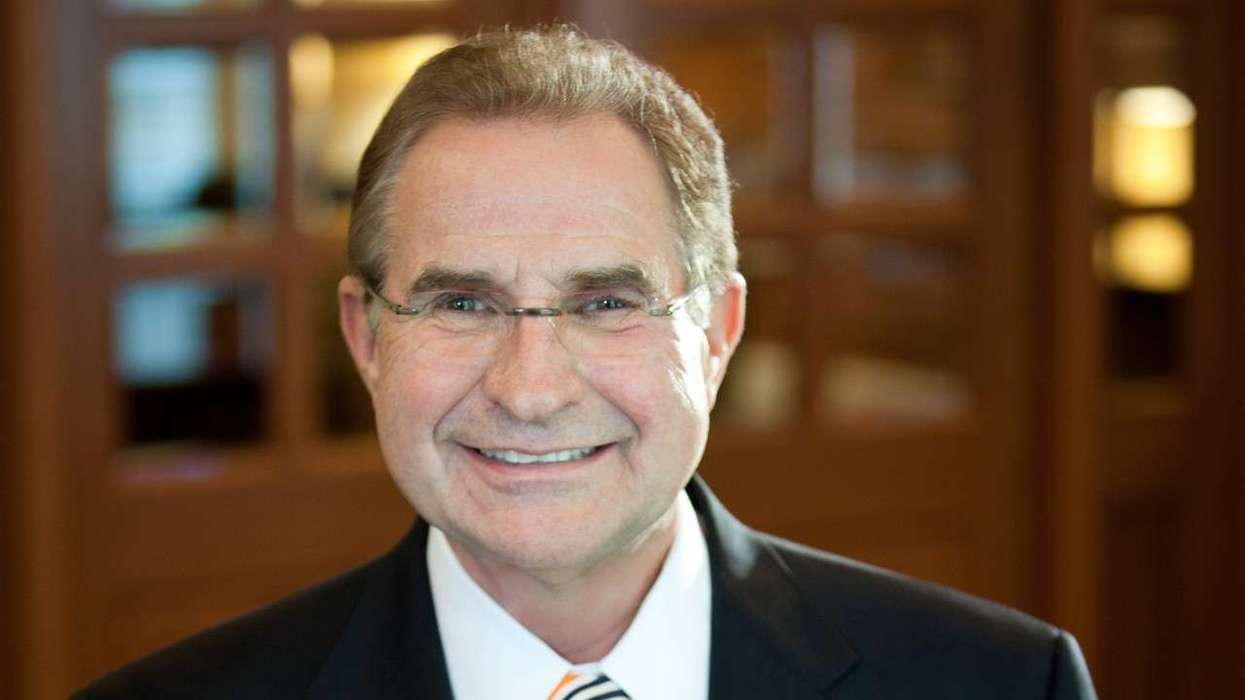THE NEW YORK City Council passed the controversial Safe Hotels Act, also known as Intro. 991, on Wednesday, despite strong opposition from industry groups like AAHOA and the American Hotel & Lodging Association. The council's Committee on Consumer and Worker Protection approved the bill, requiring hotel operators to obtain a license to operate in New York City.
The associations argued that the bill, introduced by Councilwoman Julie Menin on July 18, will have a damaging impact on New York's hotels and economy, particularly minority-owned businesses.
AAHOA said the revisions made during the legislative process fail to address industry concerns.
"While we acknowledge the passage of the Safe Hotels Act and the attempt to accommodate smaller properties, this revision still falls short of addressing our broader concerns with the legislation. Hoteliers of all sizes deserve the flexibility to manage their operations effectively to ensure efficiency and guest satisfaction," said Miraj Patel, AAHOA chairman. "The unintended consequences of this act will disproportionately affect minority-owned businesses, stifling entrepreneurship and innovation in the hospitality sector."
- Hotel operators must obtain a license to operate, with a two-year term and a $350 fee.
- Continuous front desk staffing is required.
- Large hotels must provide security coverage while rooms are occupied.
- Daily room cleaning is mandatory unless declined by the guest.
- Core staff must be directly employed, except in hotels with fewer than 100 rooms.
- Panic buttons must be provided to core employees.
- Human trafficking recognition training is required for core staff.
- Violations of these conditions will result in penalties.
The associations warn that the act will increase costs and disrupt hotel operations.
AAHOA believes the legislation places significant burdens on the industry by banning the use of subcontractors for housekeeping and front desk services.
"This legislation shows a fundamental misunderstanding of hotel operations,” said Laura Lee Blake, AAHOA president and CEO. “By restricting subcontractors, the Safe Hotels Act disrupts business models that allow family-owned and independent hotels to thrive. We urge the Council to reconsider its impact on the industry."
Blake said the association remains committed to advocating for its members and working with officials to find better solutions.
Kevin Carey, interim president and CEO of AHLA, called the bill’s passage a result of "special interest power play" and warned it would harm the city’s hotel industry and tourism.
“From the start, this rushed and haphazard legislative process has been in service of one goal; to deliver a single special interest victory at the expense of small and minority-owned businesses,” Carey said. “The updated version of the bill – while including some concessions thanks to the advocacy efforts of hundreds of hotels and hospitality professionals – still unfairly and arbitrarily targets hotels with 100 or more rooms with regulations that have nothing to do with the bill’s stated goal of increasing health and safety. Instead, this bill will do material damage to the businesses and the tax revenue that hotels generate for the city’s economy and result in higher costs for travelers.”
Despite initial opposition, the Hotel Association of New York City expressed relief at the final version of the bill.
"The adjustments that exempt small hotels and create a practical standard for the industry will protect both employees and guests while maintaining New York City’s status as a top travel destination," said Vijay Dandapani, president and CEO of the association.
However, the NYC Minority Hotel Association criticized the bill for lacking proper consideration of its impact.
“The passage today of Intro 991 by the New York City Council is an affront to New York’s independent, particularly minority-owned, small businesses," said a spokesperson for the NYC Minority Hotel Association. "The so-called ‘Safe Hotels Act’ will do nothing to make New York safer, but it will force many smaller, minority-owned and family-run hotels to close, kill thousands of jobs, and cause room rates across five boroughs to skyrocket, eliminating affordable options for New York City’s millions of annual tourists and visitors. This misguided bill will do profound damage to New York City’s economy and hospitality industry."
Recently, hundreds of hotel professionals gathered at City Hall to protest the bill, warning of its negative effects on NYC hotels, subcontractors, and small businesses.






